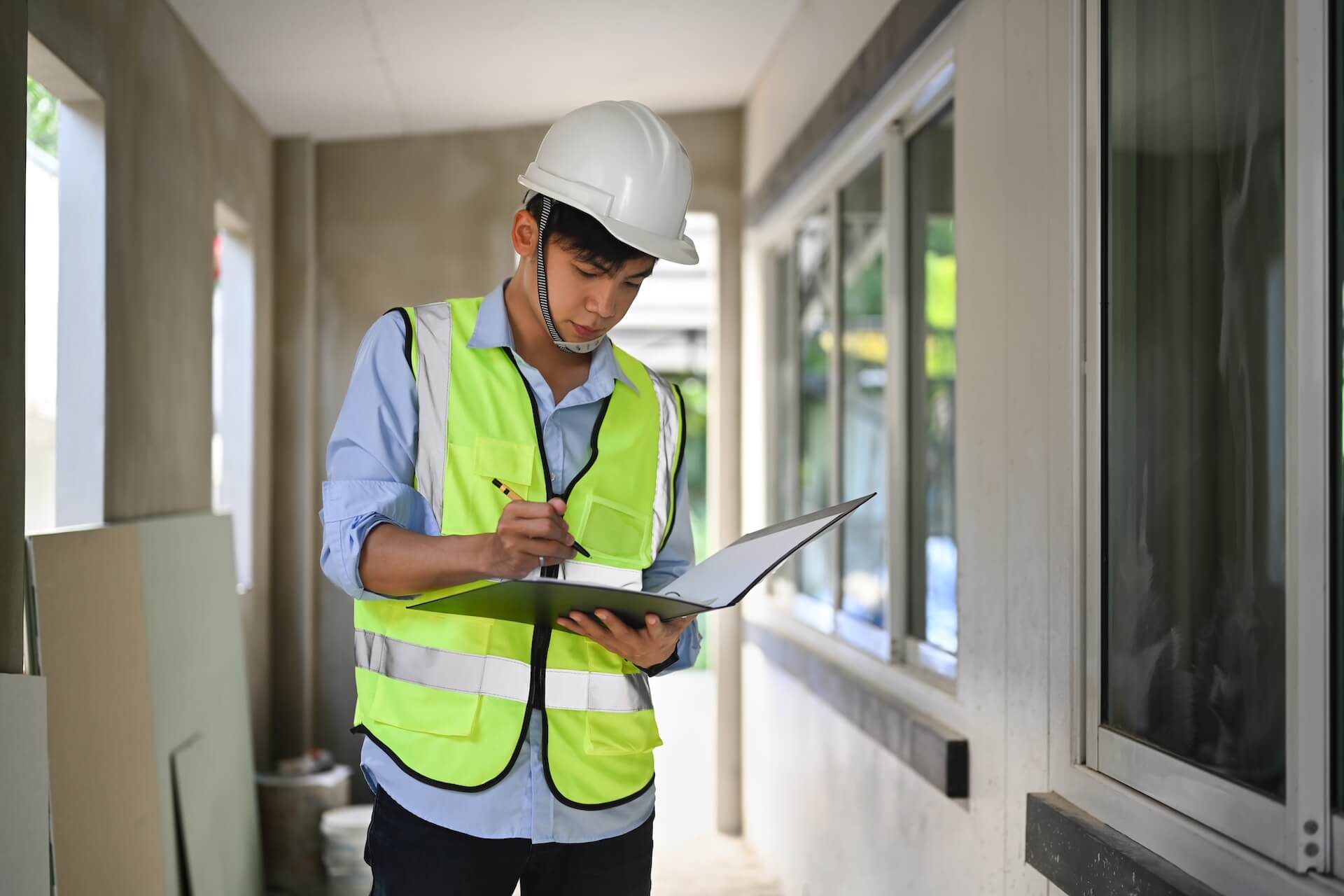Buying a home is one of the biggest decisions many people make. It involves not just money, but also time, energy, and emotion. While the idea of owning a home is exciting, it is important to stay cautious and informed during the process. One of the steps often overlooked is arranging a property and building inspection. This step might seem like an extra task, but it plays a serious role in helping buyers avoid future trouble.
In this article, we will explain why these inspections matter and how they can make a real difference before signing the final papers.
What Is a Property and Building Inspection?
A property and building inspection is a check carried out by a licensed inspector who examines the condition of a home or building before purchase. The inspector usually looks at the structure, the roof, plumbing, wiring, floors, windows, walls, and other key areas. The goal is to find faults, damage, or hidden issues that may not be visible during a normal viewing.
These inspections usually follow standards set by state regulations and building codes. In most cases, buyers receive a written report, often including photos, with full details of what was found.
Why These Inspections Should Not Be Skipped
Many people assume that if a house looks fine from the outside, then it must be in good shape. But problems can be hidden. Cracks in the walls, roof leaks, or termite damage might not show until later. By that point, the new owner has already taken on the cost of fixing these issues.
Skipping a proper inspection can lead to surprises after the purchase. These surprises can cost thousands of dollars and may even make the home unsafe. Structural problems, for example, are not always visible without a trained eye.
Common Issues Found During Inspections
Inspectors often report the same kinds of problems across many homes. These include:
-
Damp spots in walls or ceilings
-
Uneven floors or signs of movement
-
Water damage under sinks or in roof spaces
-
Cracks that suggest foundation trouble
-
Signs of termite activity
-
Poor drainage around the property
-
Roofing that needs repair or full replacement
-
Faulty wiring or outdated switchboards
Knowing about these issues before buying allows buyers to make better decisions. It also gives them a chance to speak with the seller and possibly adjust the sale terms.
Who Needs an Inspection?
Property and building inspections are not just for buyers. Sellers sometimes arrange them too, in order to know what problems might come up. This can help them fix things before listing the home, or at least be prepared for questions from buyers.
For buyers, though, inspections are one of the only ways to understand what they are really buying. Even new homes can have defects. Just because a house was built recently does not mean it is free from problems.
Role of Independent Inspectors
It is important to choose someone who is not connected to the seller or real estate agent. Independent inspectors do not have a reason to hide issues or ignore them. They follow a clear checklist and provide honest reports.
Inspectors usually carry insurance, which adds a layer of trust to their findings. Some states in Australia require inspectors to hold special licences, especially when checking for pests or structural problems.
Long-Term Savings and Peace of Mind
Although an inspection costs money upfront, it can save much more in the long run. Fixing a leaking roof or dealing with termite damage can be far more costly than paying for the inspection itself.
Also, knowing the home’s true condition gives buyers confidence. They know what they are getting into, which can help them plan for future repairs or improvements. It also removes the worry of facing large surprise expenses shortly after moving in.
Tying Property Checks to Smarter Buying Decisions
When buying property, people often focus on the layout, location, or style of the house. While these are important, checking the building’s actual health is just as critical. For example, many buyers in Queensland look for help through services such as australian property & building inspections brisbane. This approach lets them make choices based on facts, not just looks. In a place where weather and building age can affect homes over time, having a thorough report in hand before making an offer can save a great deal of stress later.
Final Thoughts
Property and building inspections are not just another box to tick. They are a necessary part of the buying process. They reveal problems early, offer buyers a better picture of the home, and give people the tools to make smarter decisions. Without this step, buyers take on major risks that can affect both their finances and their safety.
If you are looking to buy a house, take the time to get a proper inspection. Ask for the report, read it fully, and speak with the inspector if you need more details. This small step can make a large difference in the years to come.









